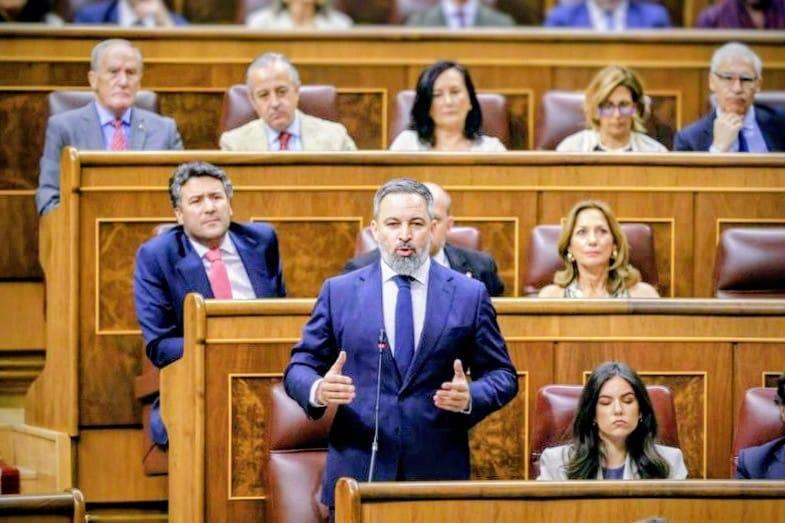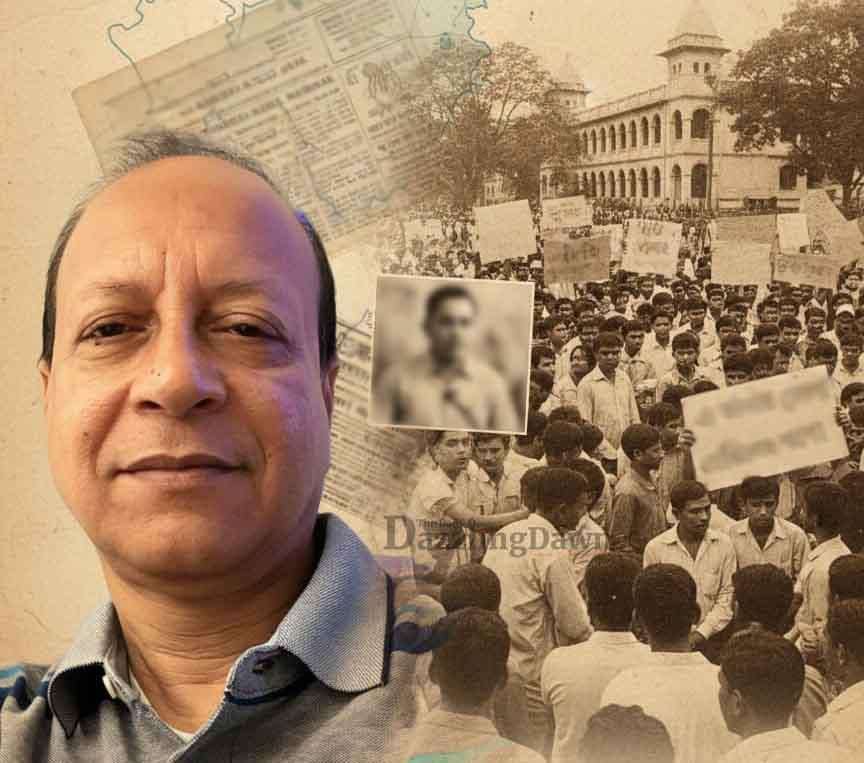The British Museum is not just one of London’s most iconic attractions; it is a profound symbol of global heritage and scholarly pursuit. Founded in 1753 and opened in 1759, it houses one of the world’s most comprehensive and diverse collections of artifacts that narrate the story of humanity across all continents and centuries.
Founding and Growth
The idea for a national museum began with Sir Hans Sloane, who donated over 71,000 objects including natural history specimens, antiquities, and manuscripts. Parliament established the museum with the British Museum Act of 1753. The original building, Montagu House, was later replaced by the current grand structure to accommodate the rapidly expanding collections.
The museum’s growth accelerated during the 18th and 19th centuries, in tandem with British imperial expansion, archaeological expeditions, and diplomatic gifts. While many acquisitions were legal under the laws of the time, others remain ethically contested today.
Collections Overview
The British Museum holds over eight million objects, many of which are globally recognized. Not all are on display—only around 1% to 2% of the total collection is exhibited at any given time.
Notable Collections and Iconic Artifacts
-
Rosetta Stone (196 BCE, Egypt): The key to deciphering Egyptian hieroglyphs.
-
Parthenon Marbles (5th century BCE, Greece): Sculptures from the Parthenon temple in Athens, acquired by Lord Elgin.
-
Benin Bronzes (13th–19th century, Nigeria): Bronze plaques and sculptures from the Kingdom of Benin, looted during a British punitive expedition.
-
Assyrian Lion Hunt Reliefs (7th century BCE, Iraq): Carvings from the palace of Ashurbanipal in Nineveh.
-
Māori Carvings (New Zealand): Intricate wooden panels and cultural artifacts representing indigenous Polynesian craftsmanship.
-
Lewis Chessmen (12th century, Scotland/Norway): Iconic medieval chess pieces carved from walrus ivory.
Governance and Leadership
The museum is overseen by a Board of Trustees, appointed by the UK government and other institutions. The Director of the British Museum, currently Hartwig Fischer (as of recent years), is responsible for its day-to-day operations, strategic direction, and public outreach.
Education and Public Engagement
The British Museum is a leader in educational programming, serving schools, universities, and the general public. It offers:
-
Workshops and lectures
-
Tours and guided talks
-
Family activities
-
Teacher resources
-
Scholarly research programs and fellowships
The museum’s Department of Learning and National Partnerships works across the UK to make the museum’s resources accessible beyond London.
Digital Access and Technology
Recognizing the power of digital engagement, the museum offers:
-
Virtual galleries
-
A comprehensive online catalogue searchable by region, date, and material
-
Augmented reality (AR) experiences
-
A YouTube channel and multimedia presentations
During the COVID-19 pandemic, these resources were vital in keeping the museum accessible to global audiences.
Special and Touring Exhibitions
The museum regularly hosts blockbuster exhibitions, both paid and free. Past notable exhibitions include:
-
Hokusai: Beyond the Great Wave
-
Life and Death in Pompeii and Herculaneum
-
The World of Stonehenge
-
Scythians: Warriors of Ancient Siberia
The British Museum also partners with institutions globally through its International Touring Exhibitions Program, lending objects and knowledge to other museums.
Controversies and Repatriation Debates
A significant part of the museum’s public dialogue revolves around cultural restitution. Critics argue that many items were taken under colonial duress or in wartime and should be returned to their countries of origin. Some of the most debated items include:
-
The Elgin Marbles (Greece)
-
The Benin Bronzes (Nigeria)
-
The Rosetta Stone (Egypt)
-
Gweagal Shield (Australia, claimed by Aboriginal communities)
While the museum defends its role as a “universal museum,” providing global access to world culture, the debate has pushed many institutions to reevaluate their acquisition histories and policies.
Ethics and Decolonization
The British Museum has taken steps—albeit cautious—toward transparency:
-
A commitment to cataloguing provenance
-
Collaborations with source communities
-
Loans of objects to origin countries
-
Participation in international forums on museum ethics
It has also faced criticism for its lack of formal policy on repatriation and for not returning certain items outright.
Sustainability and the Future
Looking forward, the museum is embarking on a large-scale modernization project called "The Rosetta Project," aimed at conserving its vast infrastructure and upgrading storage, research, and display facilities. Key goals include:
-
Climate control improvements
-
Digitization of all objects
-
Sustainability-focused architecture
-
Enhanced visitor experience through digital interactivity
Visitor Experience
-
Location: Great Russell Street, London WC1B 3DG
-
Hours: Open daily from 10:00 am to 5:00 pm; Fridays until 8:30 pm
-
Admission: Free (some exhibitions require tickets)
-
Amenities: Gift shops, cafes, cloakrooms, accessibility services
It is easily accessible via the London Underground (Tottenham Court Road, Holborn), and nearby attractions include the British Library, Covent Garden, and Soho.
Conclusion
The British Museum remains a monumental archive of human creativity, knowledge, and identity. While it faces ongoing ethical challenges in the post-colonial world, its commitment to accessibility, education, and global dialogue makes it a cornerstone of cultural diplomacy. As it evolves, the museum must balance its role as a steward of history with calls for justice, transparency, and cooperation.







.jpg)
.svg)
